We’re doing all we can to prevent rail suicides and support those affected by them. The core elements of the rail industries programme are set out below.
We’re doing all we can to prevent rail suicides and support those affected by them. The core elements of the rail industries programme are set out below.
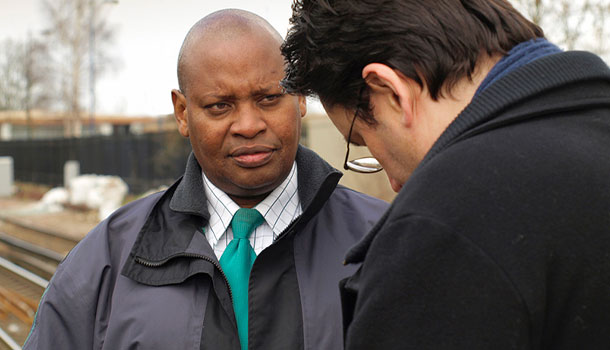
Suicidal thoughts are often temporary. We try to interrupt these thoughts through physical or psychological barriers, or by training staff or empowering rail users to help through campaigns such as Small Talk, Saves Lives.
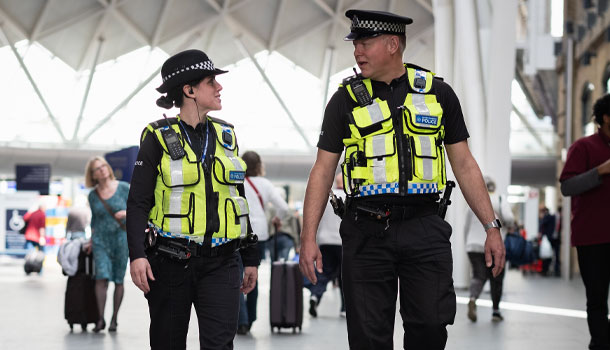
The rail industry helps to fund NHS psychiatric Nurses who work with the British Transport Police. They advise and support the BTP in creating recovery pathways for people who come to the railway in crisis.

The installation of barriers to stop those at risk of suicide accessing the railway is the most recognisable method of prevention.
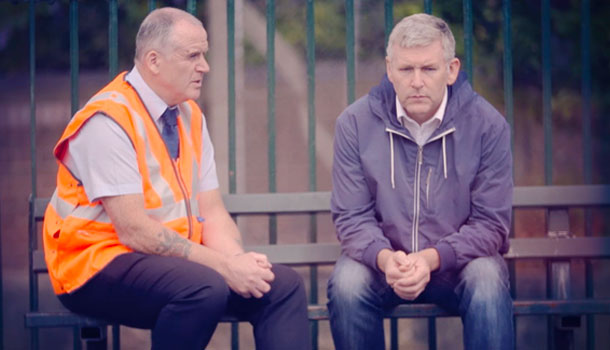
Rail staff receive bespoke training from Samaritans to help them identify those at risk of suicide on the railway and support them until specialist help arrives. A video package known as the Learning Tool compliments this training.

Working with local authorities the industry, Samaritans and the British Transport Police seek to develop joint plans to reduce suicide in local communities.
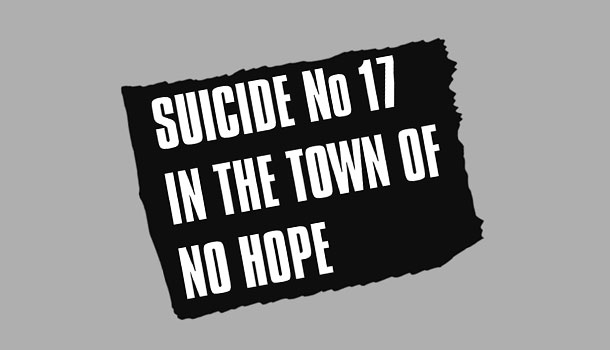
Samaritans provides a media advisory service which includes working closely with national and local press to advise on responsible reporting and daily monitoring of suicide coverage.
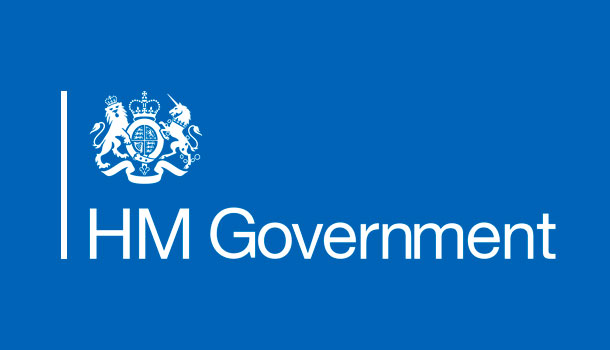
The industry works with government departments and agencies to share its practical knowledge about suicide prevention with the widest possible audience.
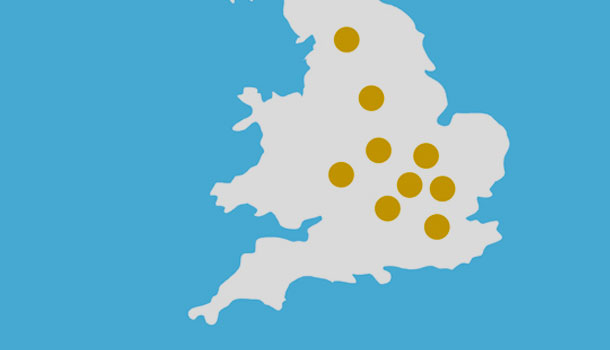
Using data that captures suicidal activity on the railway potentially high-risk suicide locations can be identified allowing appropriate resources and mitigation measures to be deployed to them.
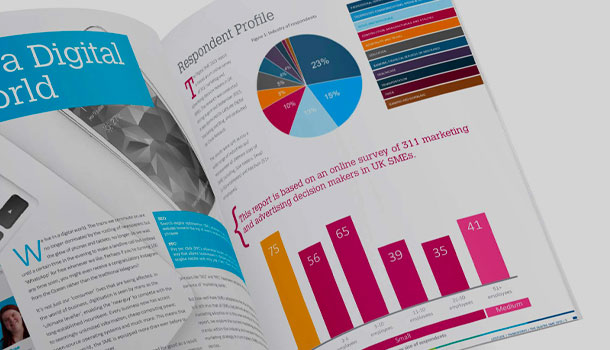
Bespoke rail related research allows the industry and its partners to better understand why people take their lives on the railway and to use this insight to develop new prevention strategies.
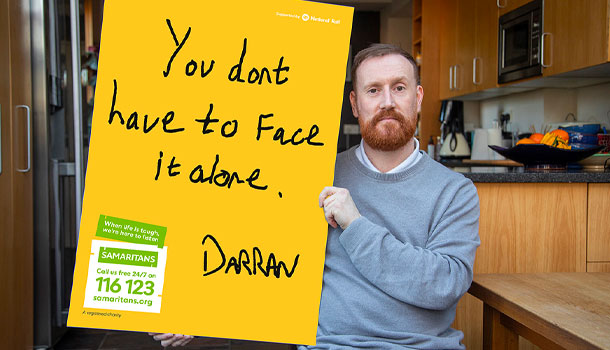
Over the course of the programme Samaritans have delivered a number of campaigns on behalf of the industry to promote help-seeking behaviour amongst people in crisis.